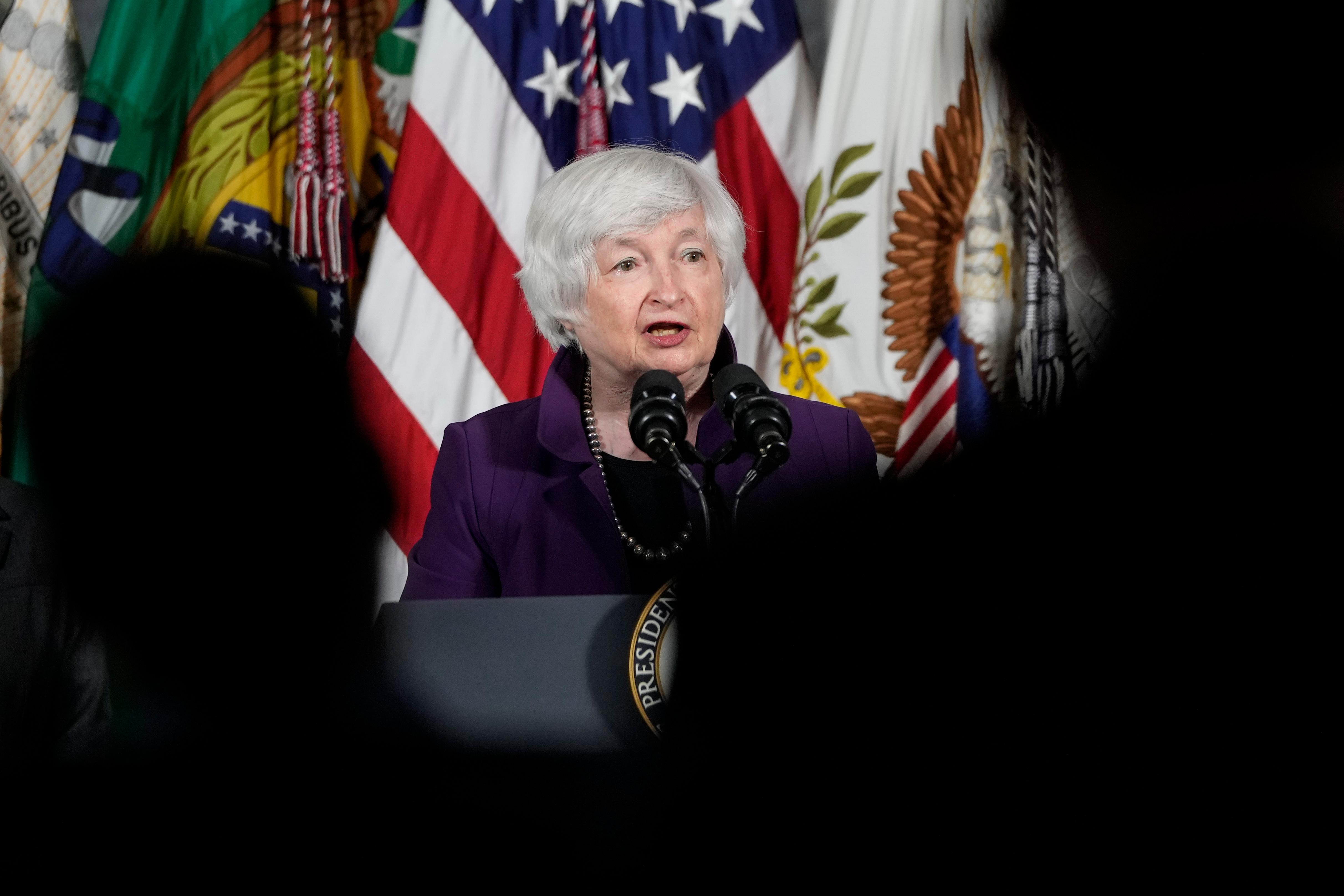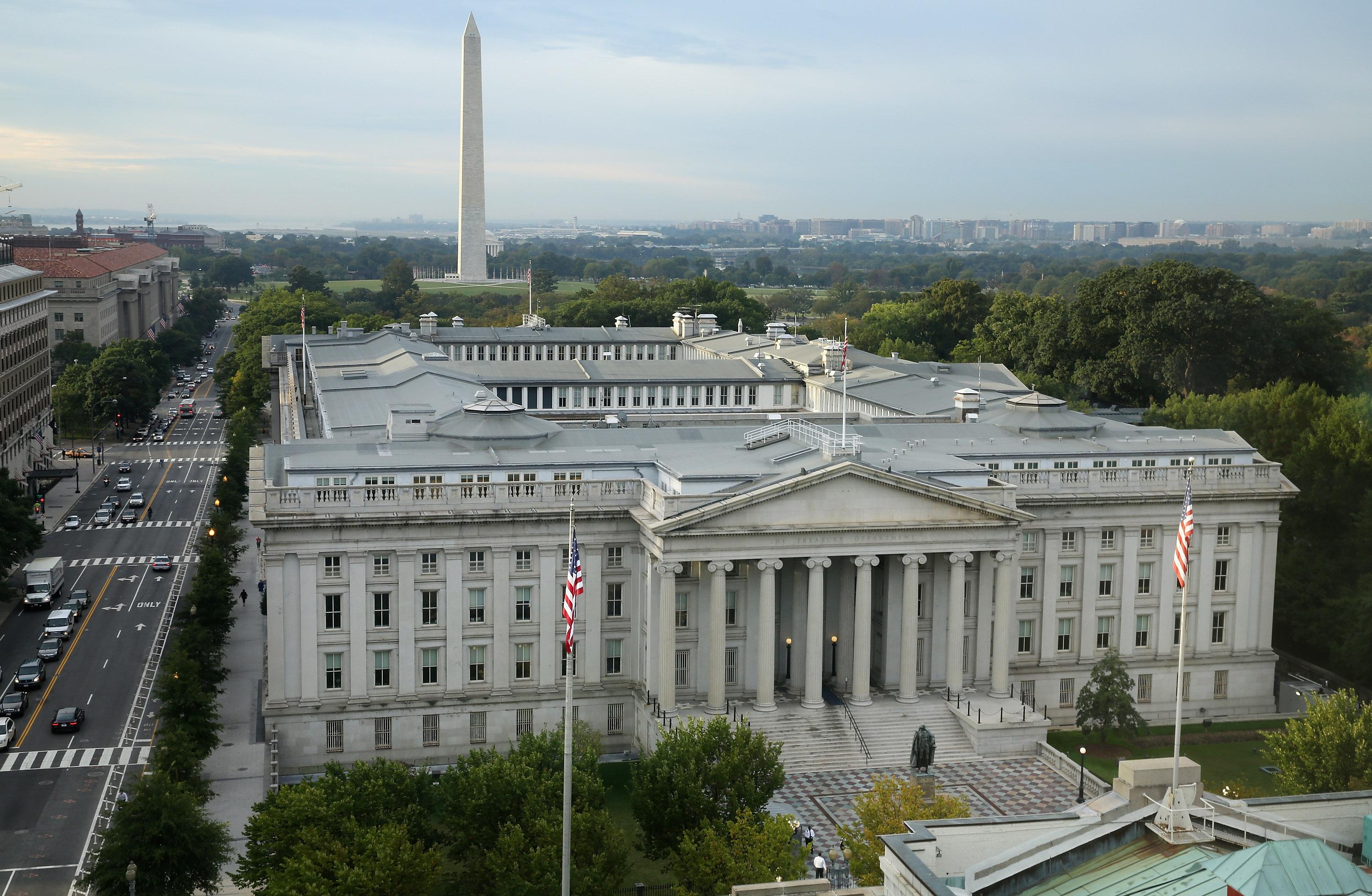U.S. Blacklists Russian Crypto Exchange SUEX OTC
In an effort to dissuade future crypto-fueled cyberattacks, the U.S. has sanctioned Russian crypto exchange SUEX OTC.
Sept. 22 2021, Published 11:30 a.m. ET

Global ransomware attacks increased by 151 percent in the first half of 2021. With ransomware on the rise, the U.S. is taking measures to curb future cyber attacks. One of those measures is a sanction against Russian crypto exchange SUEX OTC.
Why did the U.S. sanction SUEX OTC, and what message does it send to crypto exchanges—and black-hat hackers—across the globe?
Russian-born SUEX OTC is a known crypto money laundering exchange

U.S. Treasury Department
An intelligence analysis performed by the U.S. government divulged some disturbing facts about Russian cryptocurrency exchange SUEX OTC. A reported 40 percent of SUEX transactions involved groups partaking in illicit activity.
The same report shows that SUEX took part in payment processing for eight ransomware adaptations. Ultimately, about a third of the exchange's $481 million in received bitcoin over the last three years has been from noted scammers.
While the Crypto Council for Innovation (led by industry names like Square's Jack Dorsey) reports that crypto-related illicit activity is decreasing, the government has other facts to give. The U.S. Treasury Department says that while most crypto activity is legal, black-hat hackers have utmost capability to perform illicit activity within the space.
How the sanction will impact SUEX OTC and other exchanges
The sanction against SUEX outlaws any U.S.-based company from doing business with the exchange. It also blocks any assets that SUEX holds within U.S. jurisdiction.
The government made it clear that they're willing to do it again, if needed. Treasury secretary Janet Yellen said, "We will continue to crack down on malicious actors," citing a motive to apply subsequent sanctions where needed.
Will blacklisting outlaws send a message, or is the move for show?
In May 2021, Colonial Pipeline was the victim of a legendary ransomware attack that caused the company to shut down the majority of its 500-mile stretch for six days. This caused major gas supply disruptions on the Eastern side of the U.S. After about a month, the U.S. was able to recover most of the Bitcoin ransom the hackers acquired, which was around $4.4 million.
A cyber attack against JBS Meat in early Jun. 2021 spread fears of a potential beef shortage as it was forced to shut down numerous plants until the ransomware was resolved. More recently, an Iowa grain cooperative was targeted on Sep. 20 with a demand for $5.9 million.
All of these attacks were linked to Russian hackers. Based on the Treasury's sanction against the Russian crypto exchange, it's clear they're trying to send a real message. Yellen also clarified that it won't be the last sanction, as officials plan to outlaw other exchanges that maintain heavy involvement in illicit activity.
All of these attacks were linked to Russian hackers. The Treasury's sanction against the Russian crypto exchange shows that it's trying to send a real message. Yellen also clarified that it won't be the last sanction, as officials plan to outlaw other exchanges that maintain heavy involvement in illicit activity.
Supply chains and infrastructure are at the mercy of hackers, and the U.S. government is ready to fight back by "[disrupting and deterring] these criminals by going after their financial enablers," as Treasury deputy secretary Wally Adeyemo put it. For Americans, this is just the start of cryptocurrency regulation.
